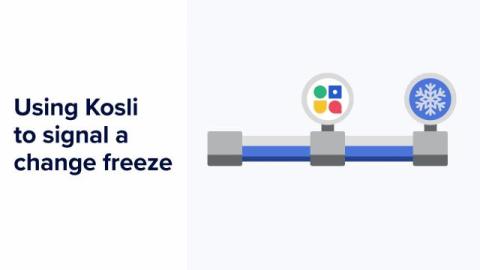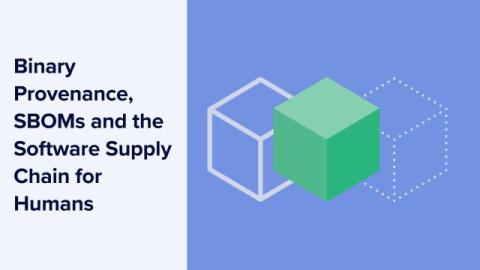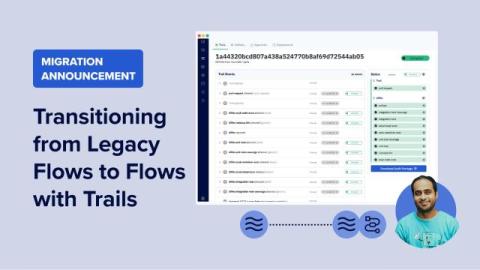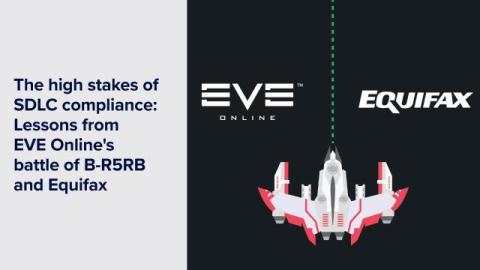Using Kosli to signal a change freeze
Like many software teams, here at Kosli we use a continuous delivery approach. This means that every commit to our trunk is automatically built, tested, and deployed to our production-like staging environment. This provides us with the confidence that every build is potentially deployable to production. We use our staging environment to perform final exploratory testing before we deploy to production. Deployments to production are “on-demand”.











